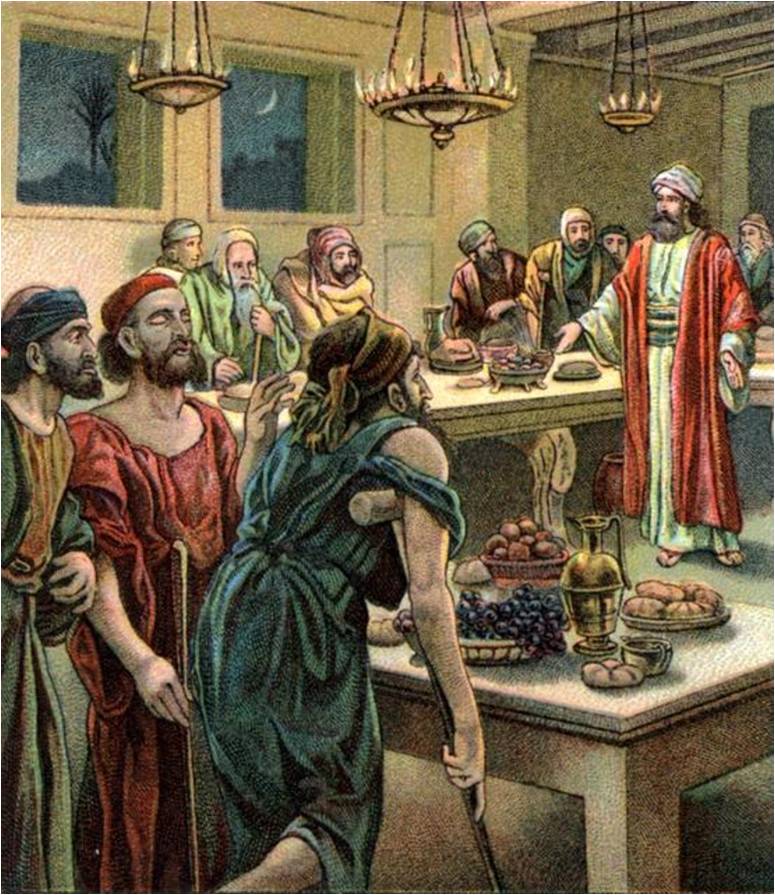Tag: Second Sunday after Trinity
-

Second Sunday after Trinity
Readings: Proverbs 9:1-10 | Ephesians 2:13-22 | Luke 14:15-24 Text: Luke 14:15-24 Lutherans are known for their potlucks (or “covered dish dinners” if you don’t want to mention luck). It brings people together at church. Eating is something we all have in common, regardless of differing opinions or backgrounds. In fact, it’s a widely-known church…
-

Second Sunday after Trinity
Readings: Proverbs 9:1-10 | Ephesians 2:13-22 | Luke 14:15-24 Text: Luke 14:15-24 If it wasn’t true before the pandemic, it is certainly true now: We are a people who are at odds with one another. Family members alienated from one another, friendships strained and breaking from sharp disagreements, and a media culture that would rather…
-

Second Sunday after Trinity (1 John 3:13-18)
Bethlehem Lutheran Church, Lebanon, OR Second Sunday after Trinity + June 30, 2019 Text: 1 John 3:13-18 The word “love” has taken on a life of its own. It’s as if everyone has their own private dictionary of what they want it to mean. So many interpret it simply as an emotion, and a shallow…
-

Second Sunday after Trinity (Luke 14:15-24)
Bethlehem Lutheran & Bethel Lutheran Church, Lebanon & Sweet Home, OR Second Sunday after Trinity + June 10, 2018 Text: Luke 14:15-24 Life happens. We all know that. Sometimes life happens so much that one’s faith falls to the bottom of the list. Children, work, family get-togethers, sleep…all sorts of things compete for attention in…